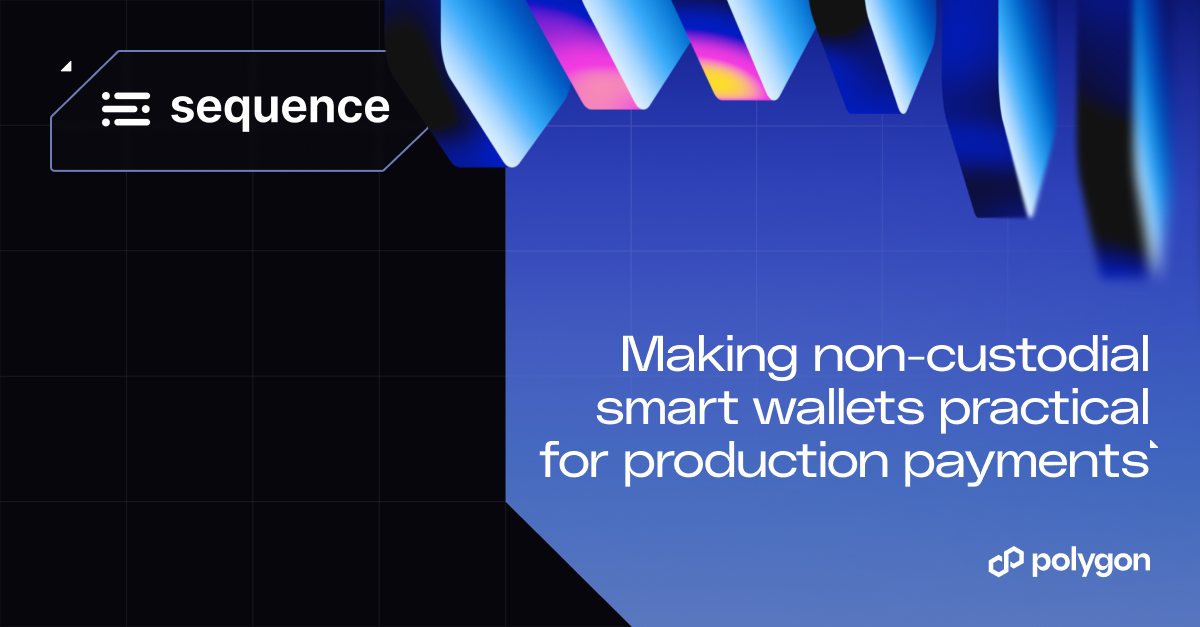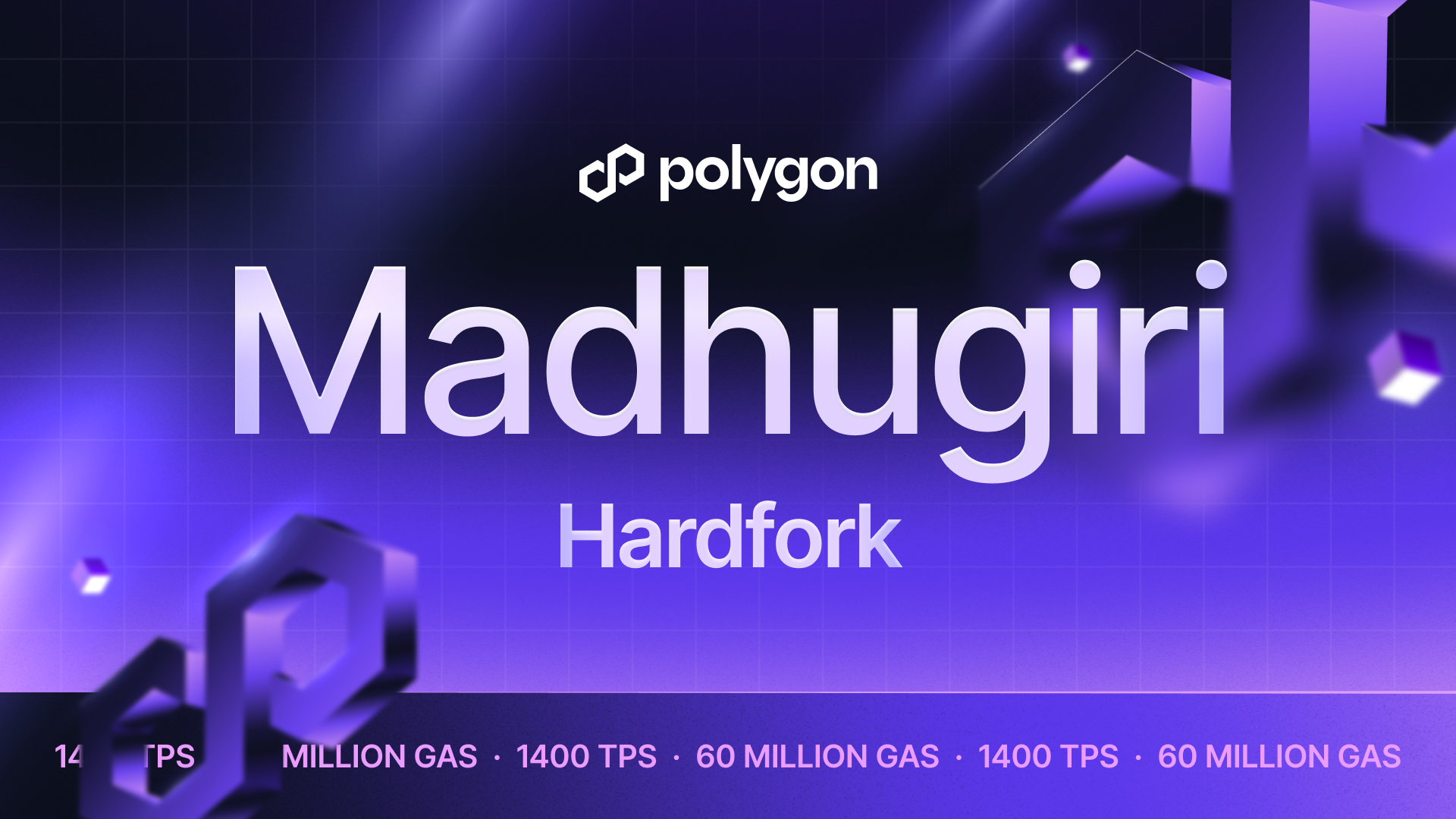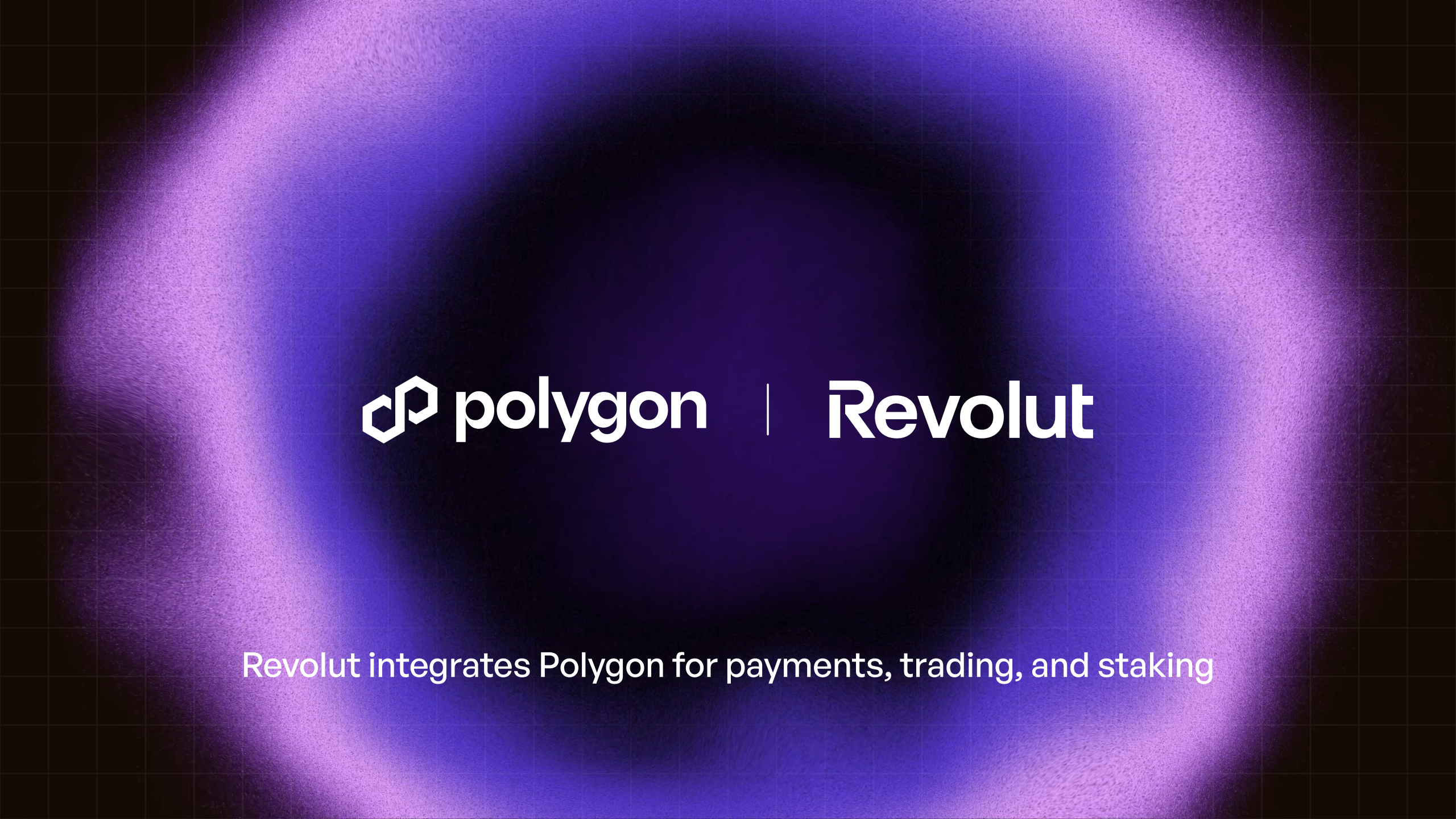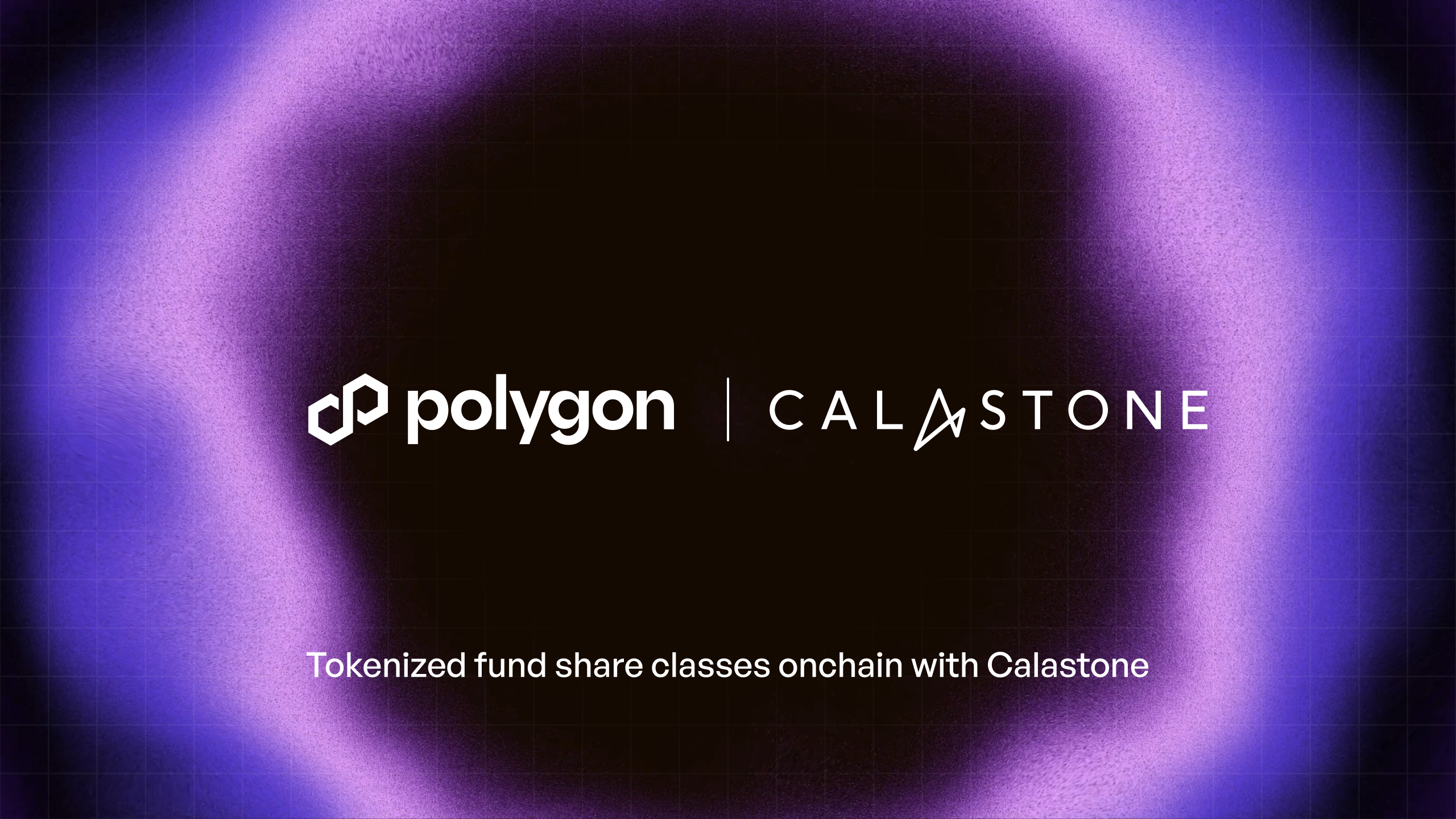The Anatomy of a Hackathon Winner: Polydocs Takes on Smart Contract Rights

Builders on Polygon know the team is deeply engaged with the broader developer community. By hosting dozens of events, hackathons, and workshops every month, we come across many excellent projects–a lot of which are at the very beginning of their Web3 journey.
In this series, we want to pick apart projects that stand out, and analyze what makes them successful.
Today you’ll meet Polydocs, a project born from a hackathon. This two-time winner impressed us at HackFS 2022 and our flagship BUIDLIT 2022 Hackathon, claiming finalist status at the former and a pool award at the latter. For blockchain developers, builders, and creators in Web3, the insights drawn from Polydocs can be an inspiration for future hackers.
Some keys to their submission success:
- Defining an actual problem that no one has tackled yet: how do companies in Web3 define rights on chain?
- Building a laser-focused, targeted solution, and in the process, coming up with new primitives for Etheruem and Polygon.
- A sophisticated build with third-party integrations.
- Clear, approachable, and public documentation.
Polydocs is an example of most innovative developers building the foundations for the next iteration of the web with Polygon’s support. Last quarter alone, Polygon Technology distributed $850,000 in prizes to builders over the course of 35+ hackathons, accelerators, and fellowships across the world. We saw more than 20,000 developer registrations in Q3, which exceeds the total number of monthly active developers working in Web3 in 2021.
So buckle in. This is the winning anatomy of Polydocs: demystifying smart contracts on the blockchain with smart document signing.
The problem & the plan
Right now, financial assets and intellectual property are accompanied with a legal framework of usage rights. Licenses about these rights are expressed and subjected to the terms and conditions that govern how users own or interact with a product or platform.
Everyone’s familiar with the standardized “agree to the following terms and conditions” that accompany the use of various websites and products.
But how do such licenses exist on a blockchain today?
It’s a thorny problem, especially for complex financial products.
Enter Polydocs: they’ve created a smart document and meta-signing that makes it easy and safe to own or allocate complicated intellectual, financial, and rights-oriented digital assets on the blockchain.
Polydocs’s smart documents clearly state an agreement made about decentralized information at a specific point in time. Because Web3 businesses want the same safety, security, and protection on chain they enjoy while doing off-chain transactions, Polydcos enables the terms and conditions of ownership, use, or involvement in a community to be clearly understandable.
People can easily scroll and read what they’re signing as part of buying a digital asset, say, or agreeing to the policies of joining a DAO.
“Think about a big eCommerce business or brand,” Polydocs told Polygon. “Their main concern isn’t devops or design, but rather the legal approval required to make sure that they are protected, and that the user knows what they’re getting into. We have a thesis that a lot of existing companies are afraid to get into Web3 because they lack a robust, compliant way to ensure safety and protection of the business and users. There’s no easy way right now for companies in Web3 to have users agree with terms and conditions, on chain.”
Having on-chain representation of licenses through a Polydocs smart document ensures security and protection. Polydocs allows businesses to provide the “why, who, and when” legally required for notarization.
As a team of two for now (Akshay Rakheja and Ray Deck), Polydocs has the versatility to tackle major problems while intervening with novel technical solutions. The duo has been entering Web3 hackathons since March 2022, taking home a number of prizes. Between them, they have over 20 years of experience across a number of industries, plus a robust Github repository.
So what does Polydocs’ solution look like in practice?
Say a financial institution wants to provide more crypto-native offerings or finance Web3 businesses, but they’re legally required to perform Know-Your-Customer (KYC) checks.
After a user enters the required information for KYC (which, in the future, can be backed by privacy-oriented solutions like zk-powered PolygonID), the user can attest to having performed the KYC, with a link to the documentation provided by Polydocs.
Suddenly, financial organizations, with access to a ton of capital, have the compliance attestations and legal framework to avert risk. They can begin to open up capital to developers and builders in Web3.
By creating a framework to sign smart documents and demystify smart contracts, Polydocs has opened the door to entire new industries and institutional capital.
In addition to this novel intervention, Polydocs represents the open-source, built-in-public ethos of Web3. Their code is available to all. The team recently won a grant from Filecoin to introduce Ethereum Improvement Proposals (EIPs) for the Polydocs signature standard and the contract-level metadata URI. Standardizing the procedure will make it easy for other projects to safeguard organizations and assets, while introducing signable documents as a primitive to the chain.
Tune to the Polygon Blog for more in this series and on the latest from the Polygon ecosystem.
Let’s bring the world to Ethereum!
Website | Twitter | Ecosystem Twitter | Developer Twitter | Studios Twitter | Telegram | Reddit | Discord | Instagram | Facebook | LinkedIn






.jpg)
.jpg)
.png)

.png)






%20(1).png)